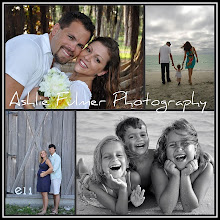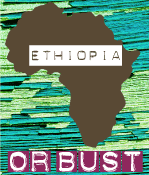 Hi Mommy and Daddy Friends!
Hi Mommy and Daddy Friends!I want to take a minute (or two) of your time to give you some early literacy ideas for your toddlers. I am currently working on my Reading Endorsement to specialize in reading instruction. As I am reading research on early literacy development, I cannot help but to think of your precious children and want to provide you with some literacy support.
As many of you know, the new literary standard for a four year old VPK student is to be an emergent reader. This means that a four-year-old should be able to identify all letters, sounds (phonics) and retell a story through expressive language (comprehension). One of the greatest areas that we can enhance our children's literacy is through oral language. Here is what the state of Florida has to say about oral language and learning expectations for a four-year olds:
"All children’s oral language development, including listening and speaking skills, proceeds at an individual pace. However, for most children, the prekindergarten period is one of rapid growth and expansion of understanding, interest, and expressive language skills. When immersed in environments rich in language, novel experiences, and conversation, children make dramatic gains in their comprehension of spoken language and in their ability to effectively use oral language to communicate their own ideas and experiences."
(If you are interested in more PreK standards simply google: What does Common Core say about VPK standard)
More Research:
According to this NPR report, children in affluent homes hear over 2,000 words a day.
"Children in professional families are talked to three times as much as the average child in a welfare family," Hart says.
And that adds up. Hart and Risley estimated that by the age of 4, children of professional parents had heard on average 48 million words addressed to them while children in poor welfare families had heard only 13 million.
This is the one that we have: Toy Story 1, 2, and 3
I ordered these: Princess Tales
Cars Read Along
A few more I found:
Peter Pan
The Little Mermaid
 Nothing is better than sitting down and reading with your child. I
have started to ask the boys questions about the story and have them
help me read the book by omitting words. In addition to books and audio
books, I have a word wall in the boys' room and I'm labeling pictures
throughout our house. (Name recognition is a great place to start) I
have found sidewalk chalk and bathtub crayons to be extremely helpful
too. If you have other ideas to share, I would love to hear how you are encouraging early reading in your home!
Nothing is better than sitting down and reading with your child. I
have started to ask the boys questions about the story and have them
help me read the book by omitting words. In addition to books and audio
books, I have a word wall in the boys' room and I'm labeling pictures
throughout our house. (Name recognition is a great place to start) I
have found sidewalk chalk and bathtub crayons to be extremely helpful
too. If you have other ideas to share, I would love to hear how you are encouraging early reading in your home!One more piece of research to share: A vast amount of research accumulated across the last several decades tells us that the
emergent literacy knowledge and skills that children can develop during prekindergarten are the key foundations upon which much of their later reading, writing, and content learning capabilities are built. These skills allow children to easily break the code of reading, especially once their formal reading instruction begins in kindergarten. Together with a growing mastery of oral language and an expanding vocabulary, the print-related skills learned early on pave the way toward success at creative and clear writing skills and reading comprehension.
This blog is a little long so I'll wrap it up with: Try something! Every child is different and will learn in their own unique way. Try to be intentional with your plan to weave literacy development into their young lives!





With Love, Mrs. Fulmer, M.Ed.National Board Certified Teacher










